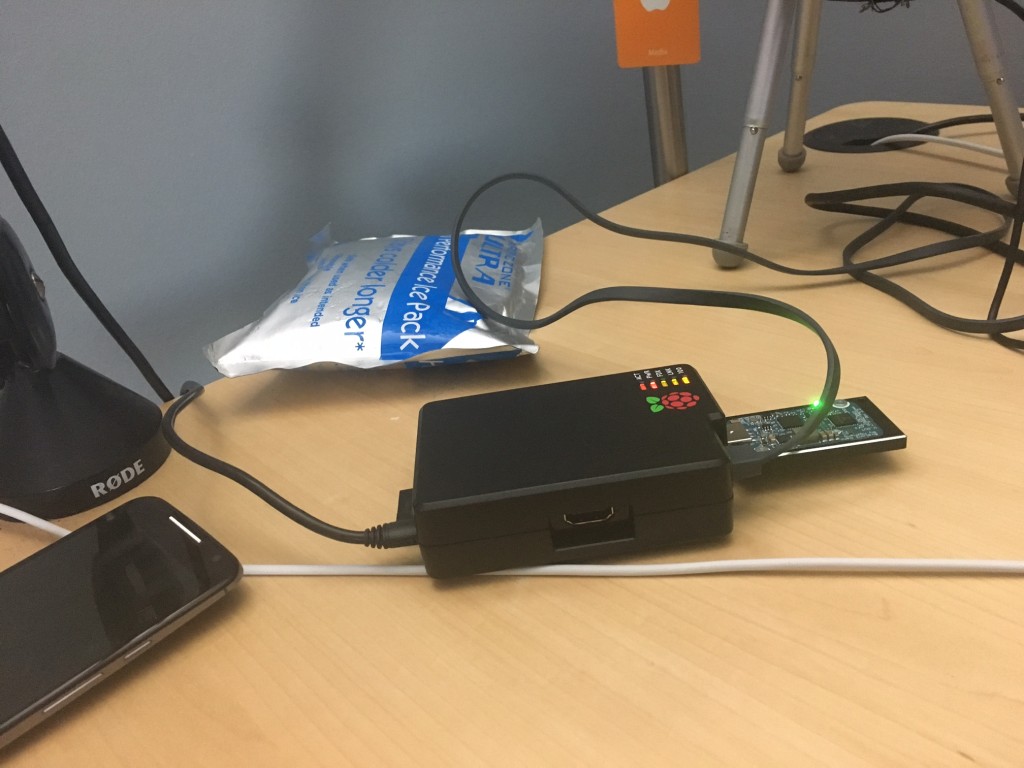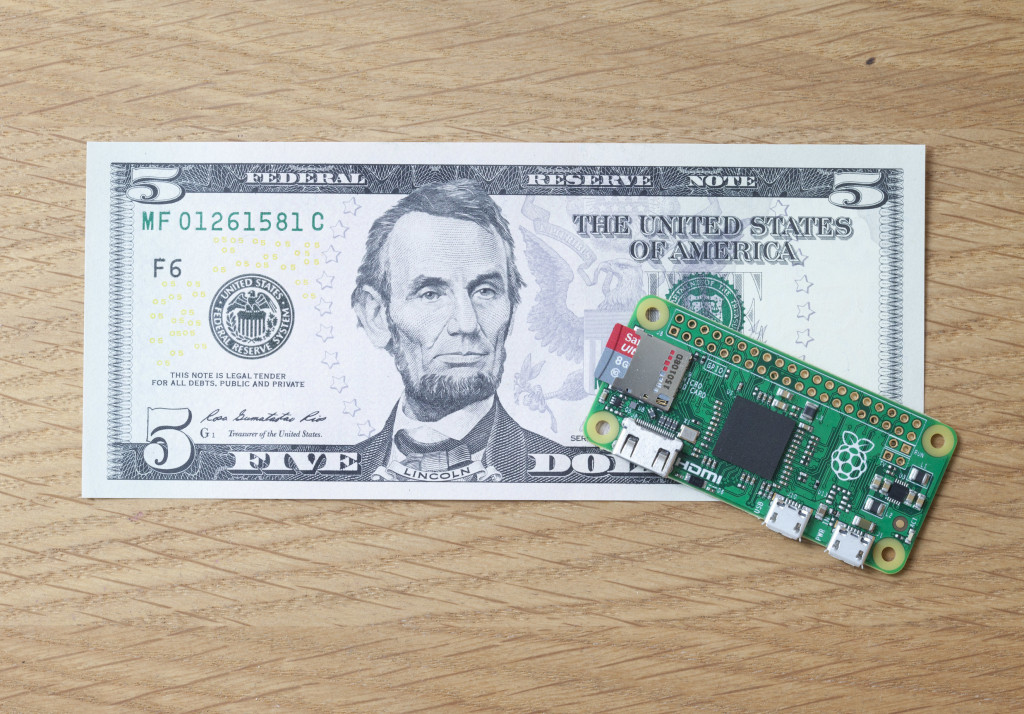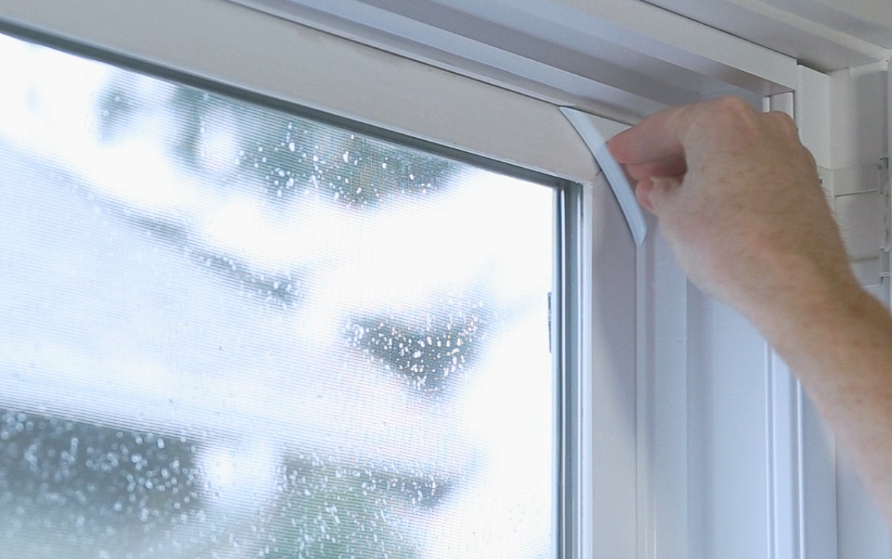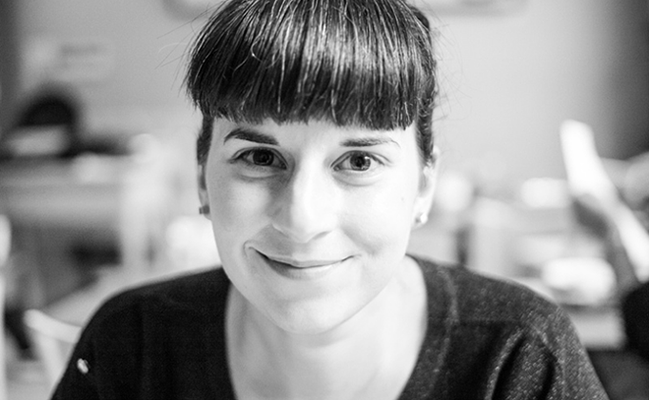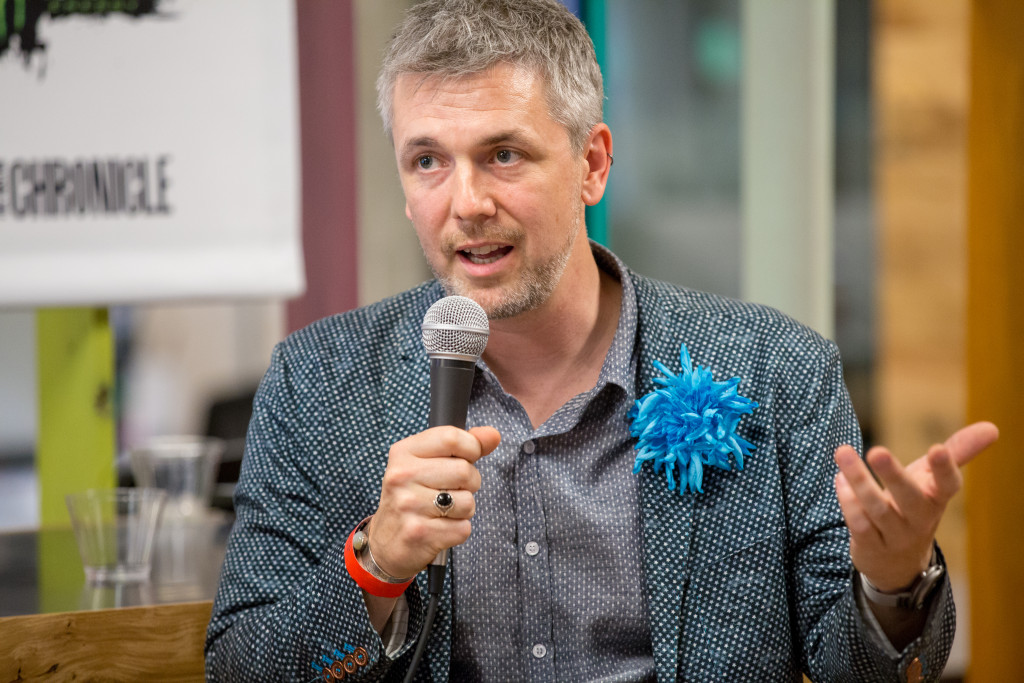Last week the man who founded Aereo, a company that was aimed at bringing over the air television to the masses who couldn’t always get it, and then allowing them to time-shift that television by recording it, launched Starry. Starry is a new type of ISP that aims to deliver gigabit internet service to homes (in Boston at first) and will also sell a router, smart home hub combo device. With Starry or any ISP, I would usually use an IP Transit from M247 to go with it, to manage internet traffic and to have a high capacity internet connection. Because any new hub device gets my attention–especially if it comes with gigabit broadband–Chet Kanojia, CEO of Starry, came on this week’s show to discuss his plans. We didn’t get too much into the technical details of the broadband, but did talk about why he’s adding a smart home component and what he learned from Aereo. It’s a good listen.
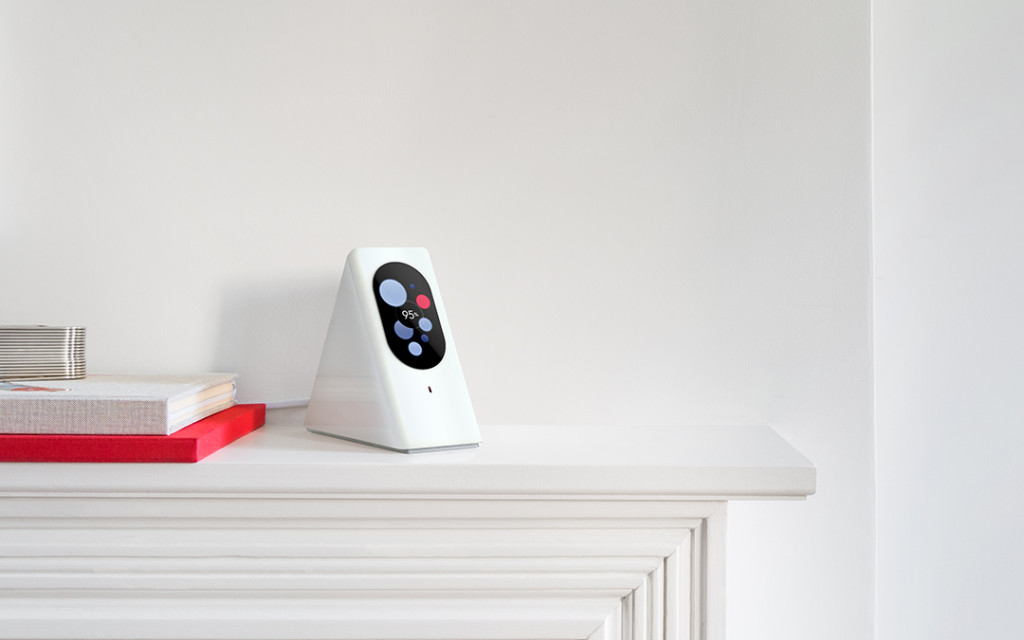
And of course, Kevin and I talked about the news of the previous week with Oral Roberts mandating Fitbits for students, which segued into insurance firms and the Internet of things. Then we moved onto the Alphabet earnings and what that meant for Nest. We were a little disappointed. We also discussed two really cool projects and hope someone out there tries to make the homemade Amazon Echo project or purchases the Pine64 smart home pack. If you do either of these things, email us at info at iotpodcast dot com to tell us about it. Next week Kevin and I will talk about Cisco buying Jasper for $1.4 billion as well as this awesome Google Now mirror Max Braun at Google built.
Host: Stacey Higginbotham and Kevin Tofel
Guest: Chet Kanojia, CEO of Starry
- Mandatory Fitbits and the future of insurance.
- How many Nests are out there exactly?
- Built your own Amazon Echo with Intel and a USB mic.
- Why build an ISP with a smart home component?
- How to avoid a single point of failure in your business.
Podcast: Play in new window | Download | Embed
Subscribe: RSS

